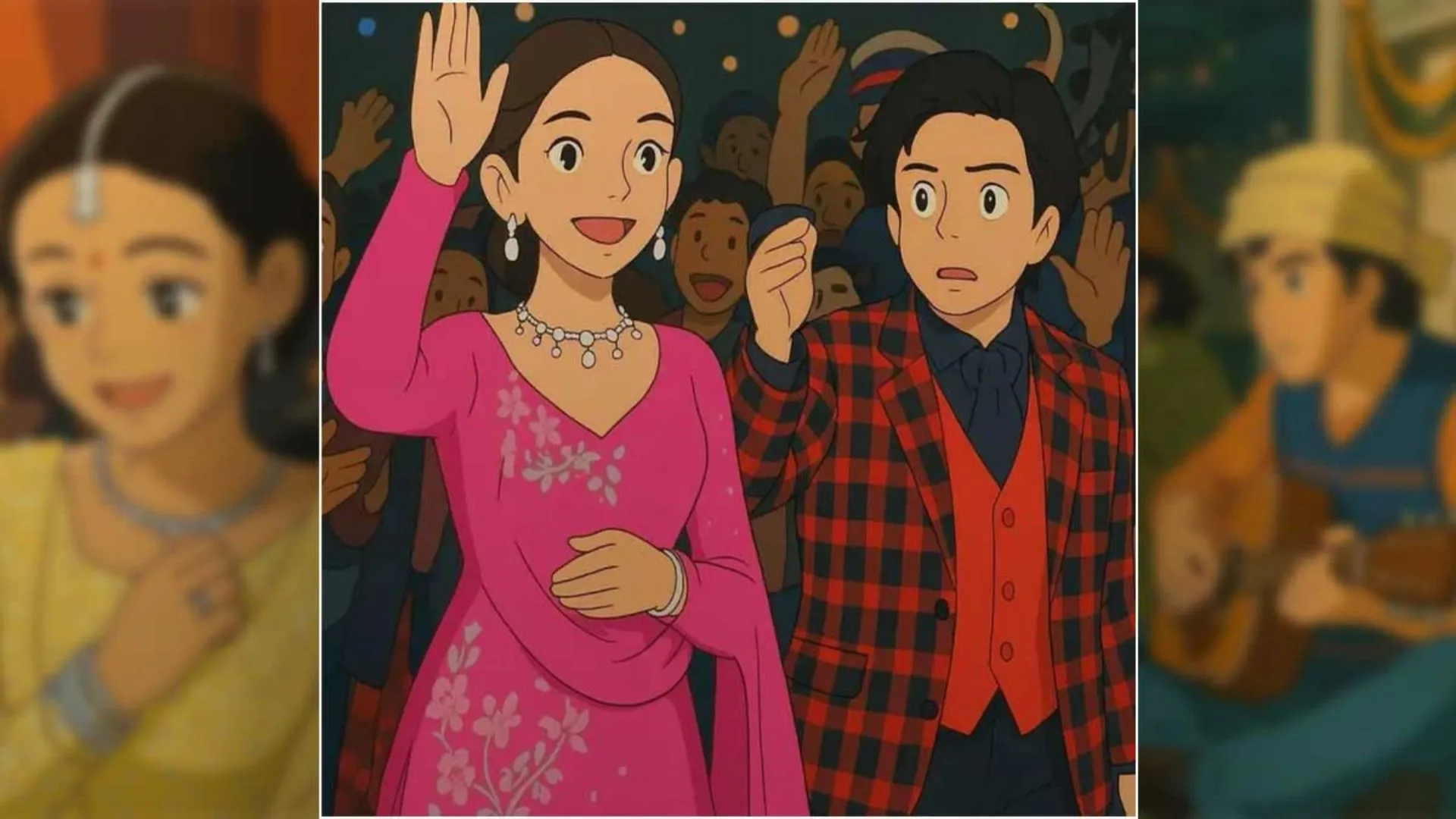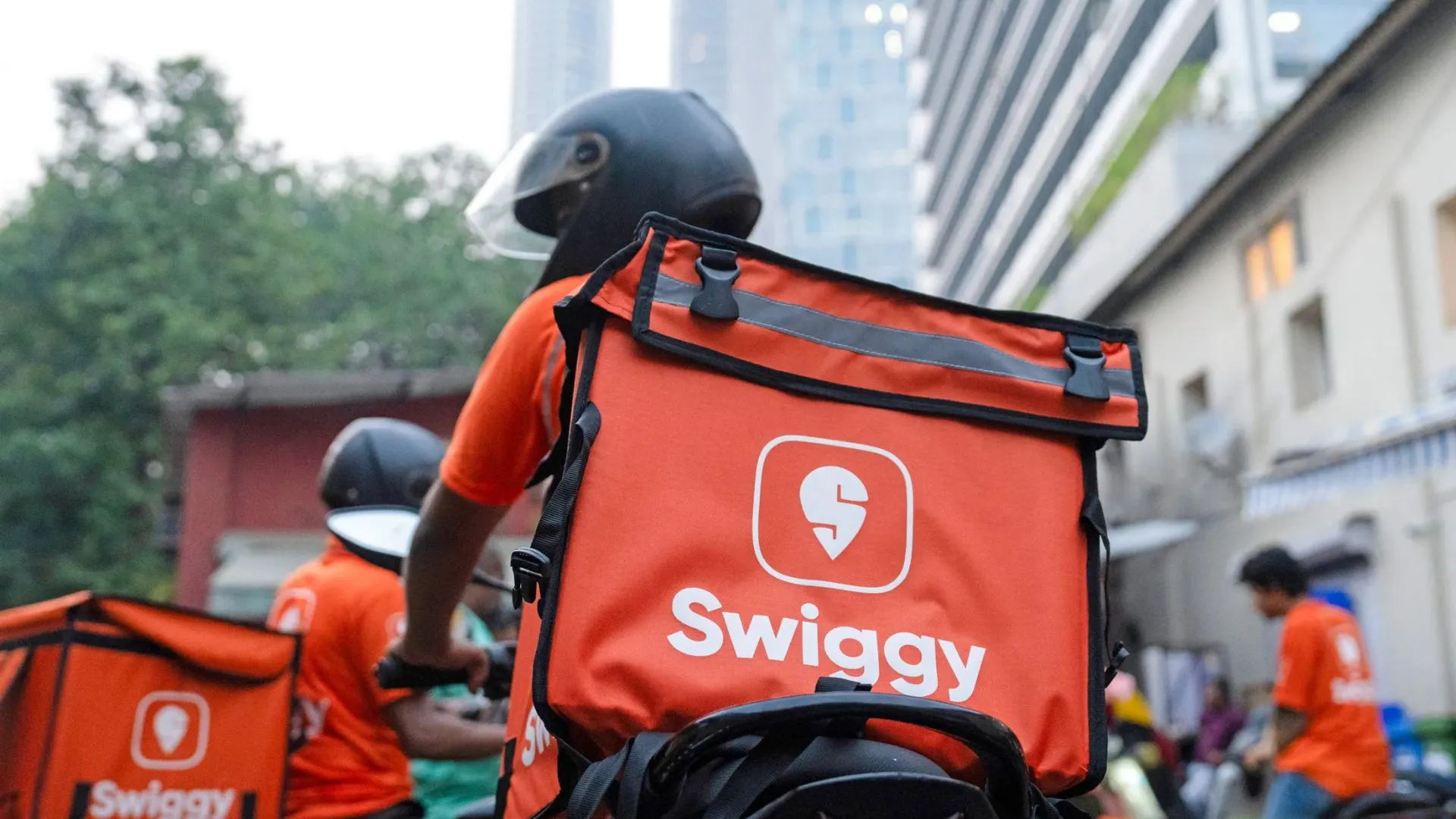The internet is buzzing with the latest AI-driven craze—the Ghibli Art trend. This artistic style, inspired by the dreamy and whimsical aesthetics of Studio Ghibli films, has become widely popular after OpenAI CEO Sam Altman announced that users can now generate Ghibli-style images for free on ChatGPT.
From personal portraits to famous movie scenes and viral memes, users have eagerly embraced this trend. However, while many enjoy the creative possibilities, cybersecurity experts and law enforcement agencies have raised concerns over potential risks tied to uploading personal images on AI platforms.
Privacy Concerns and Warnings from Authorities
Amid the growing trend, the Goa Police issued a cautionary message on social media, urging users to be mindful of the privacy implications before uploading personal photos for AI-generated Ghibli transformations.
“Joining the AI-generated Ghibli trend is fun, but not all AI apps protect your privacy! Ghibli art is loved for its dreamy charm, but always think before uploading personal photos and use only trusted AI apps to generate one,” the police stated in a post on X. They also provided helpline numbers for reporting cybercrimes.
Potential Risks of Uploading Personal Photos to AI Platforms
While the Ghibli Art trend appears harmless, some researchers argue that it could present significant privacy risks. According to cybersecurity analysts, OpenAI and similar platforms may gain extensive access to personal images through voluntary user uploads. Key concerns include:
- Data Collection & AI Training: When users upload images, they often grant AI platforms permission to process and store them. This allows companies like OpenAI to use these images for training AI models, sometimes without users fully understanding the implications.
- Legal & Privacy Loopholes: OpenAI’s privacy policy states that user-generated content may be collected and used to improve AI models unless the user opts out. This means that even individuals who normally avoid sharing personal photos on social media might unknowingly contribute to AI training databases.
- Loss of Control Over Images: Once an image is uploaded, the user no longer has control over how it may be used. Privacy advocates warn that such images could be repurposed in ways users never intended, including AI-generated content that could be misleading, defamatory, or even used for targeted advertising.
- Metadata & Location Exposure: Beyond just facial images, AI-generated content may extract metadata such as location, time stamps, and other sensitive details embedded in photos. This is particularly concerning for children and individuals who are unaware of these risks.
Public Reactions: A Mixed Response
The debate over AI-generated Ghibli art has sparked a variety of reactions online. While some users dismiss privacy concerns, arguing that they don’t mind their photos being processed, others are more cautious.
“Oh, it’s fine. ChatGPT has had my personal image for so long that it’s now using me as a template for other images—and I’m cool with it,” one social media user commented.
Others, however, agree with the cybersecurity warnings. “The most dangerous privacy violations aren’t hidden in complex schemes, but wrapped in viral trends that make us willing participants in our own exploitation,” another user wrote.
The Balance Between Fun and Security
While AI-generated art offers exciting creative possibilities, users are advised to approach trends like Ghibli Art with caution. Experts recommend using AI platforms with transparent privacy policies, carefully reviewing terms of service, and avoiding the upload of sensitive images.
As AI continues to evolve, the conversation surrounding data privacy will remain crucial. While the Ghibli trend may be enchanting, it’s important to ensure that creativity doesn’t come at the cost of digital security.























